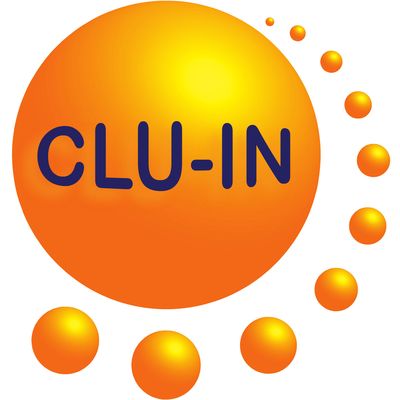Since 1998, The Contaminated Site Clean-Up Information (CLU-IN) website has presented Internet Seminars covering a wide variety of technical topics related to hazardous waste characterization, monitoring, and remediation. For each seminar topic, we have selected the highest-quality offering for placement in our archives. Beginning in May 2005, we began offering these archives via podcast, and this feed contains all seminars archived in the last 6 months. For a complete list of seminars archived since 2000 and videos of selected seminars archived since 2012, please visit http://clu-in.org/live/archive/. Our Rehabilitation Act Notice for reasonable accommodation is available at http://clu-in.org/training/accommodation.cfm. CLU-IN was developed by the U.S. Environmental Protection Agency (EPA) but is intended as a forum for all waste remediation stakeholders. For more information and to view upcoming live offerings, please visit http://clu-in.org/live/. For a complete list of RSS feeds available on CLU-IN, please visit http://clu-in.org/rss/about/.
http://www.clu-in.org/live/archive
Slides for "Remediation Management of Complex Sites," Jul 19, 2018
At some sites, complex site-specific conditions make it difficult to fully remediate environmental contamination. Both technical and nontechnical challenges can impede remediation and may prevent a site from achieving federal- and state-mandated regulatory cleanup goals within a reasonable time frame. For example, technical challenges may include geologic, hydrogeologic, geochemical, and contaminant-related conditions as well as large-scale or surface conditions. In addition, nontechnical challenges may also play a role such as managing changes that occur over long time frames, overlapping regulatory and financial responsibilities between agencies, setting achievable site objectives, maintaining effective institutional controls, redevelopment and changes in land use, and funding considerations. This training course and associated ITRC guidance: Remediation Management of Complex Sites (RMCS-1, 2017), provide a recommended holistic process for management of challenging sites, termed ?adaptive site management.? This process is a comprehensive, flexible, and iterative process that is well-suited for sites where there is significant uncertainty in remedy performance predictions. Adaptive site management includes the establishment of interim objectives and long-term site objectives that consider both technical and nontechnical challenges. Periodic adjustment of the remedial approach may involve multiple technologies at any one time and changes in technologies over time. Comprehensive planning and scheduled evaluations of remedy performance help decision makers track remedy progress and improve the timeliness of remedy optimization, reevaluations, or transition to other technologies/contingency actions. By participating in this training course we expect you will learn to apply the ITRC guidance document to: Identify and integrate technical and nontechnical challenges into a holistic approach to remediation Use the Remediation Potential Assessment to identify whether adaptive site management is warranted due to site complexity Understand and apply adaptive site management principles Develop a long-term performance-based action plan Apply well-demonstrated techniques for effective stakeholder engagement Access additional resources, tools, and case studies most relevant for complex sites Communicate the value of the guidance to regulators, practitioners, community members, and othersUltimately, using the guidance that can lead to better decision making and remediation management at complex sites. The guidance is intended to benefit a variety of site decision makers, including regulators, responsible parties and their consultants, and public and tribal stakeholders. Case studies are used to describe real-world applications of remediation and remediation management at complex sites. Training participants are encouraged to view the associated ITRC guidance Remediation Management of Complex Sites (RMCS-1, 2017) prior to attending the class.
